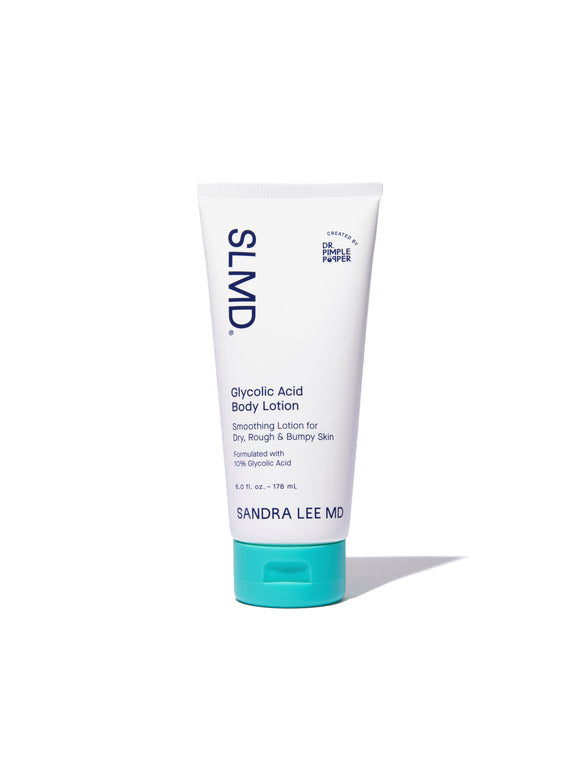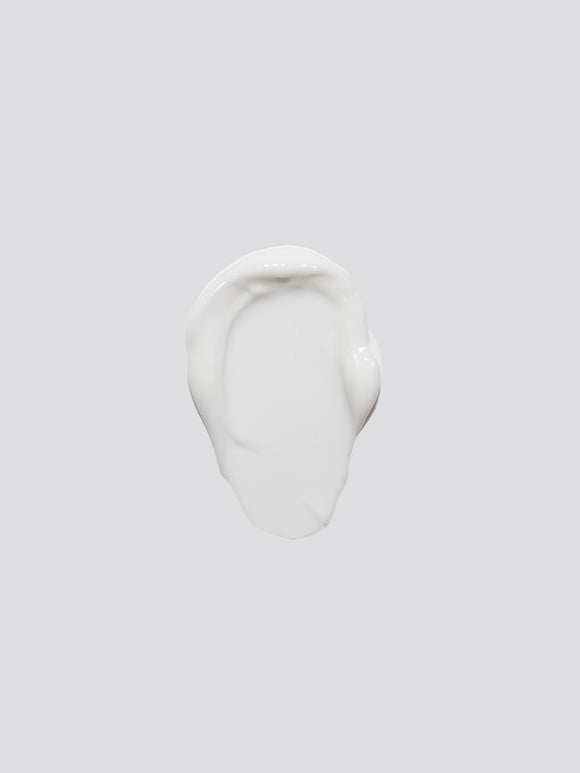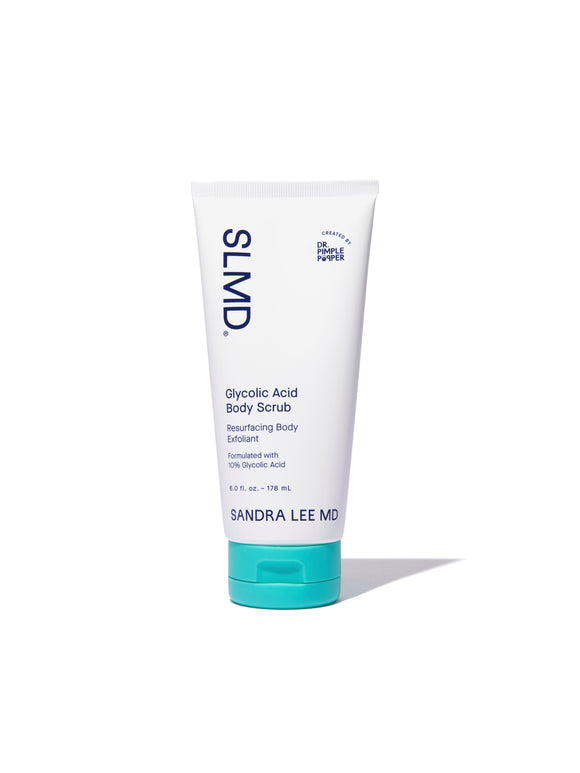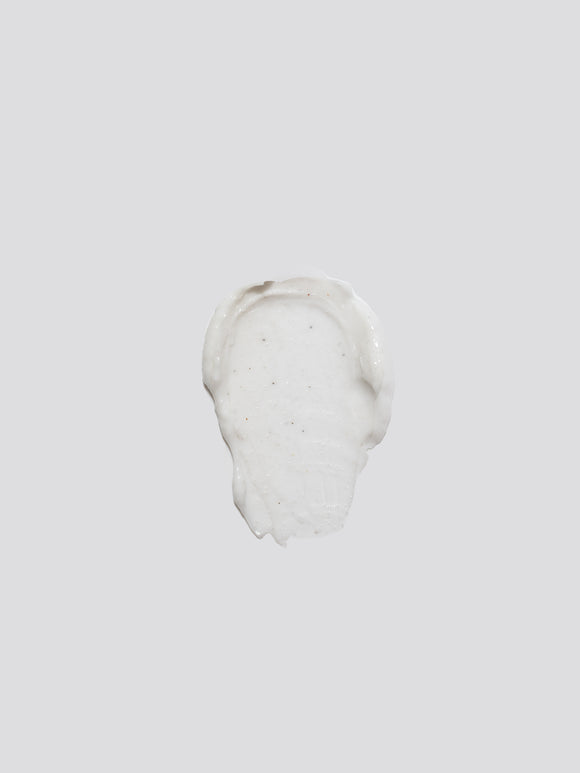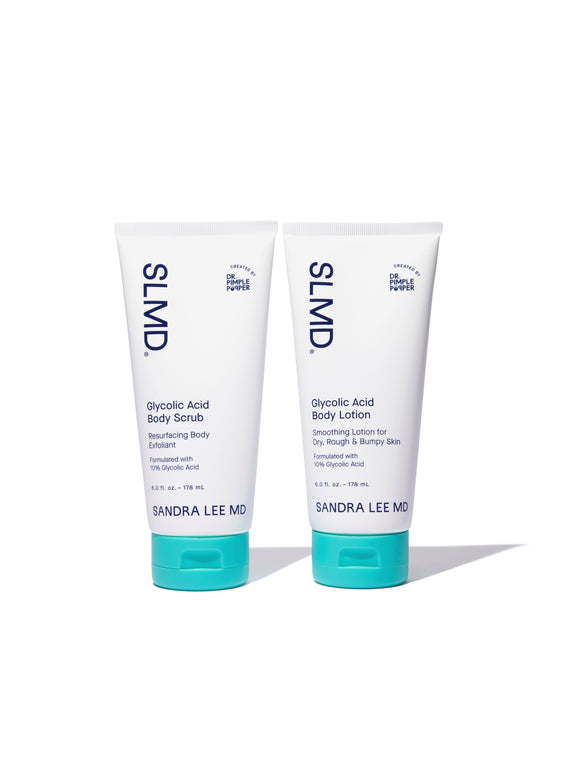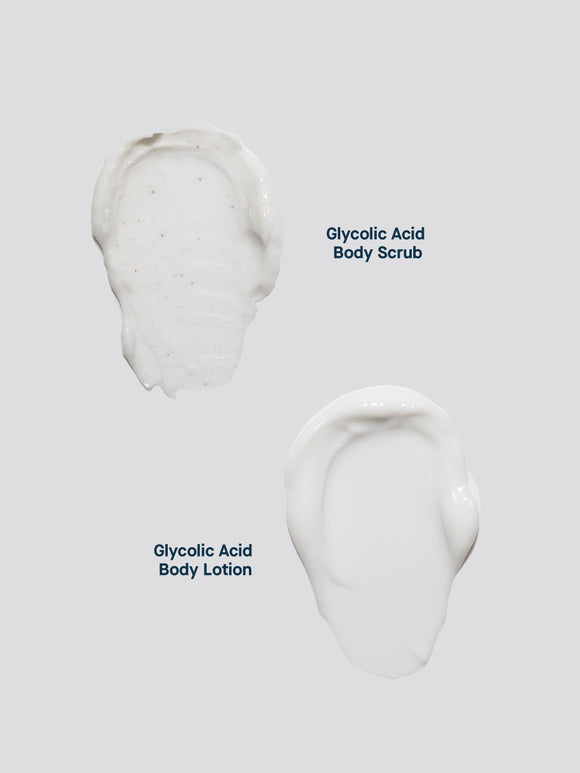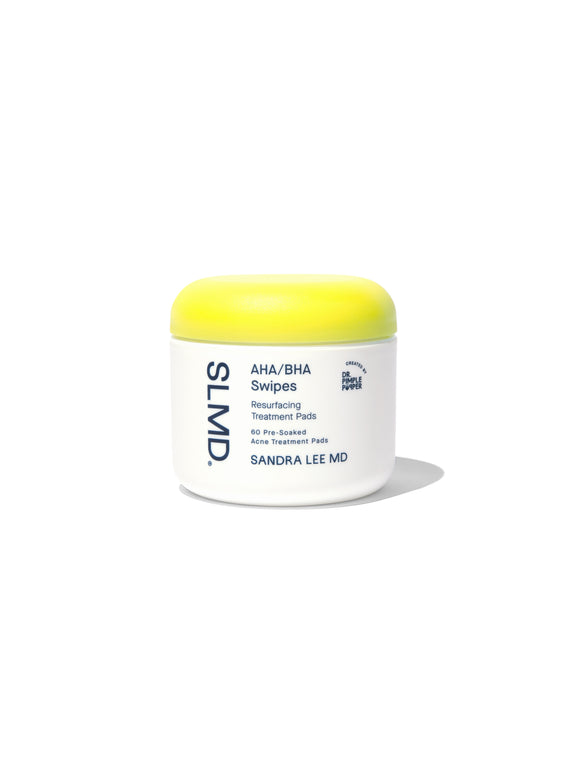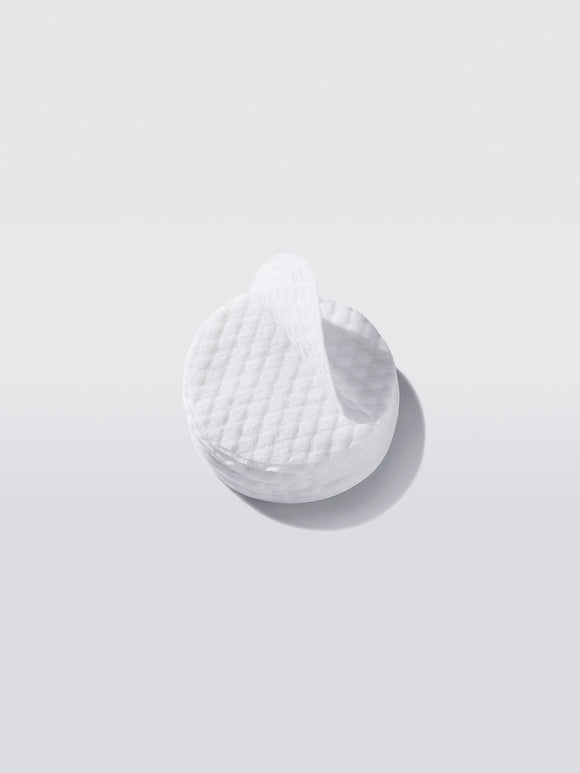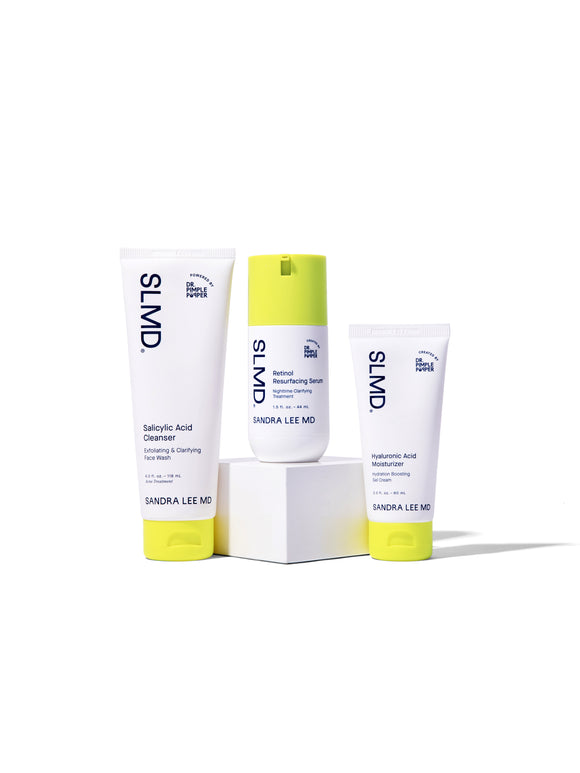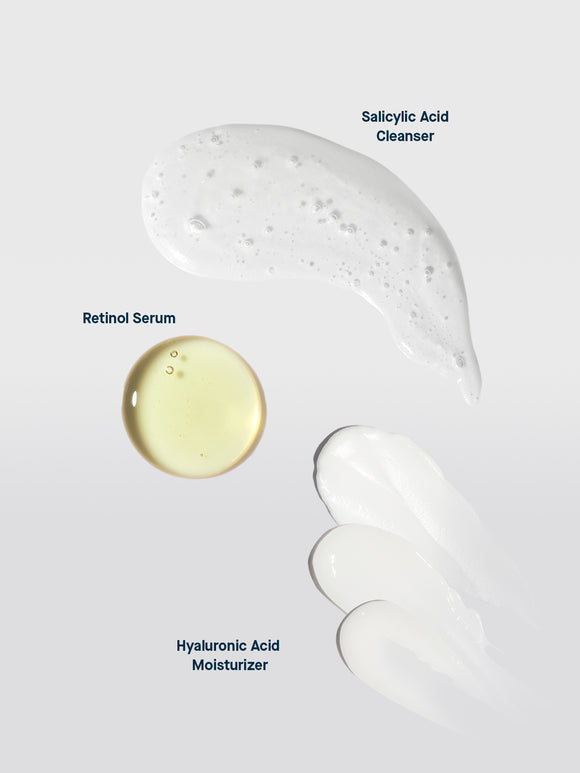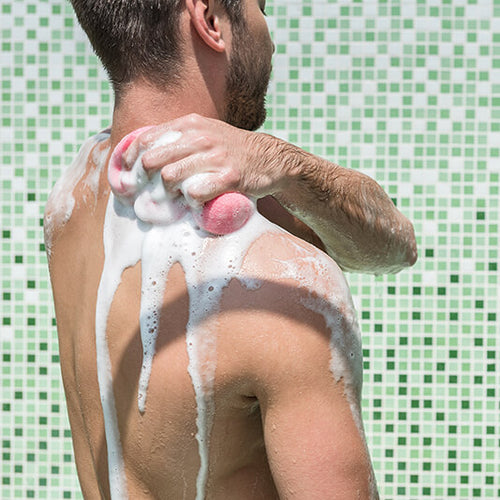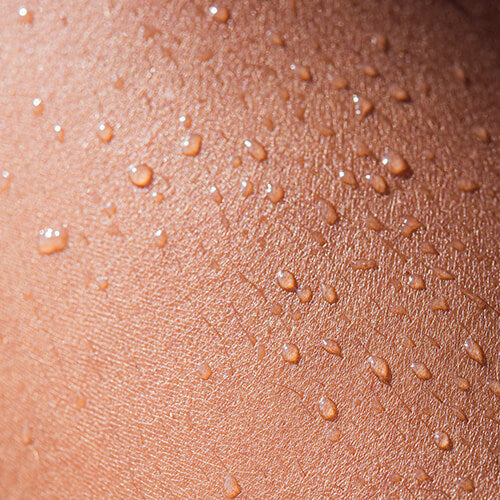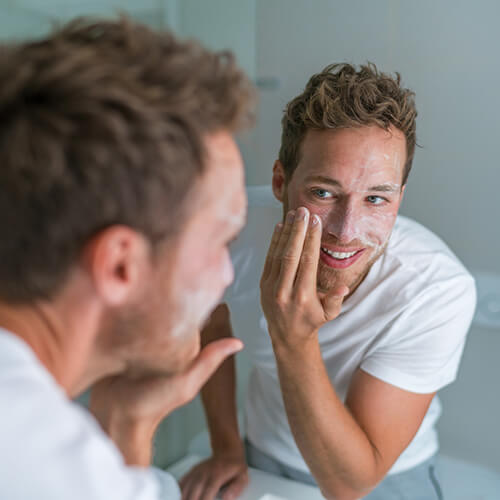
How Often Should You Exfoliate? Dr. Pimple Popper Weighs In
Your favorite dermatologist shares the facts about shedding some skin.
Published:
5 minute read
Exfoliating your skin sounds simple, right? But when it comes to how often you should do it, opinions vary widely — from daily exfoliation to a few times a week, to “whenever your skin feels like it.” So, how do you get it right?
To clear things up, we turned to our founder, board-certified dermatologist Sandra Lee, MD (aka Dr. Pimple Popper), for her expert guidance on the best exfoliation practices. Here’s her advice on how often to exfoliate, how to choose the right products, and how to listen to your skin’s unique needs.
Article Quick Links
How do exfoliants work to renew your skin?
Exfoliants remove dead skin cells from the surface of the skin, promoting smoother, healthier-looking skin. While your body naturally sheds dead cells (about a million every day), that process slows with age or when the skin is not functioning at its best. There are two primary types of exfoliants:
- Physical exfoliants: These use tiny granules or tools (like brushes or scrubs) to manually slough off dead skin cells.
- Chemical exfoliants: These include ingredients like alpha hydroxy acids (AHAs) and beta hydroxy acids (BHAs) that dissolve the bonds between dead skin cells, helping them shed more easily.
Dr. Lee’s tip: Your skin knows how to exfoliate naturally, but a gentle boost from exfoliation can deliver multiple skin benefits like smoothing texture and evening out skin tone — as long as it’s done properly.
Exfoliating benefits: smoother skin, clearer pores
Done correctly, exfoliating can offer a variety of skin benefits:
- Keeps pores clear
- Improves skin tone and texture
- Reduces the appearance of fine lines
- Minimizes acne and blackheads
Types of exfoliants for specific concerns
- AHAs (like glycolic and lactic acids) target signs of aging, like hyperpigmentation and fine lines.
- BHAs (like salicylic acid) penetrate deep into pores, making them especially effective for oily, acne-prone skin.
- Physical exfoliants (like sugar, salt, or pumice) physically remove dead skin cells, particularly on rough, bumpy patches of keratosis pilaris.
Dr. Lee’s tip: I recommend using physical exfoliants on the body only, since rough particles can damage delicate facial skin. For your face, it’s best to stick with gentle chemical exfoliants.
Dr. Pimple Popper's Top Exfoliating Picks
Exfoliating frequency: skin type and other factors
There’s no universal answer to how often you should exfoliate. Factors like skin type, age, and your current skincare routine all play a role in determining the right frequency. Dr. Lee emphasizes the importance of listening to your skin, but offers these general guidelines:
- Skin type: Oily skin can typically tolerate more exfoliation, while dry or sensitive skin should proceed with caution.
- Age: Older skin experiences less turnover, but also tends to be thinner, so be careful not to overdo it. F
- Formula: Stronger exfoliants (like high-strength acids) should be used less frequently than gentler formulations.
- Routine: If you're already using retinol or getting treatments like microdermabrasion, you may not need as much exfoliation, as these things encourage cell turnover.
- Lifestyle and environment: Stress from everyday life (like dehydration, or lack of sleep), or the weather (such as cold, dry air, or a sunburn), affect your skin’s tolerance for exfoliating.
Dr. Pimple Popper’s tips for exfoliating by skin type
While everyone’s skin is unique, here are some general recommendations for how often you should exfoliate based on your skin type:
- Oily or acne-prone skin: Can typically tolerate exfoliation 3–4 times per week, especially with a BHA like salicylic acid that helps keep pores clear.
- Dry skin: Start with once a week to prevent over-drying and irritation.
- Sensitive skin: Limit exfoliation to once a week, and choose a mild exfoliant to avoid irritation.
- Combination skin: Focus on the oily T-zone (forehead, nose, chin) and use an exfoliant 2–3 times per week.
- Normal skin: Exfoliating 2–3 times per week is usually sufficient to keep the skin smooth and balanced.
How to incorporate AHAs and BHAs into your routine
Here’s how you can introduce both chemical and physical exfoliants into your skincare regimen:
- Start slowly: Begin with 2–3 times a week to allow your skin to adjust, then gradually increase frequency based on your skin’s tolerance.
- Use a BHA cleanser: A salicylic acid cleanser in the morning helps remove oil and debris from pores, keeping skin clear. Try: SLMD Salicylic Acid Cleanser
- Incorporate AHAs into your routine: Consider using a glycolic or lactic acid product a few times a week to promote cell turnover and prevent dead skin buildup. Try: SLMD AHA/BHA Swipes
- Exfoliate during your shower: Use a physical scrub that also contains AHAs during your shower to target the body and reduce ingrown hairs. Try: SLMD Glycolic Acid Body Scrub
How to tell If you’re over-exfoliating
If you’re overdoing it, notes Dr. Lee, your skin will let you know. Watch out for these warning signs:
- Burning or stinging
- Redness or irritation
- Flaking or peeling
- Increased sensitivity
If you experience any of these symptoms, it’s a sign that your exfoliation routine is too aggressive. Dial it back, and focus on moisturizing and repairing your skin barrier.
Dr. Pimple Popper answers frequently asked questions about exfoliation
Q: How can I tell if I’m over-exfoliating?
A: Over-exfoliating can cause symptoms like redness, irritation, burning, flaking, or peeling. If you notice any of these signs, it’s important to reduce the frequency of exfoliation or switch to gentler products to avoid damaging your skin barrier.
Q: Should I exfoliate more often if I have oily skin?
A: Yes, people with oily skin can generally tolerate more frequent exfoliation, such as 2-3 times a week. However, it’s important to monitor your skin’s reaction and avoid over-exfoliating, which can lead to irritation.
Q: Can I exfoliate while using acne treatments like salicylic acid or benzoyl peroxide?
A: Yes, but be cautious. Since many acne treatments already have exfoliating properties (like salicylic acid), you should avoid over-exfoliating to prevent skin irritation, which can even lead to more breakouts. Start slowly and monitor your skin’s reaction.

Dr. Lee's Last Word
Exfoliating is one of the best ways to keep your skin healthy, smooth, and clear, but it’s all about balance. By starting slowly, using the right products for your skin type, and listening to your skin, you can enjoy all the benefits of exfoliation without overdoing it. Remember, consistency is key — and always follow up with a good moisturizer to protect your skin barrier.





